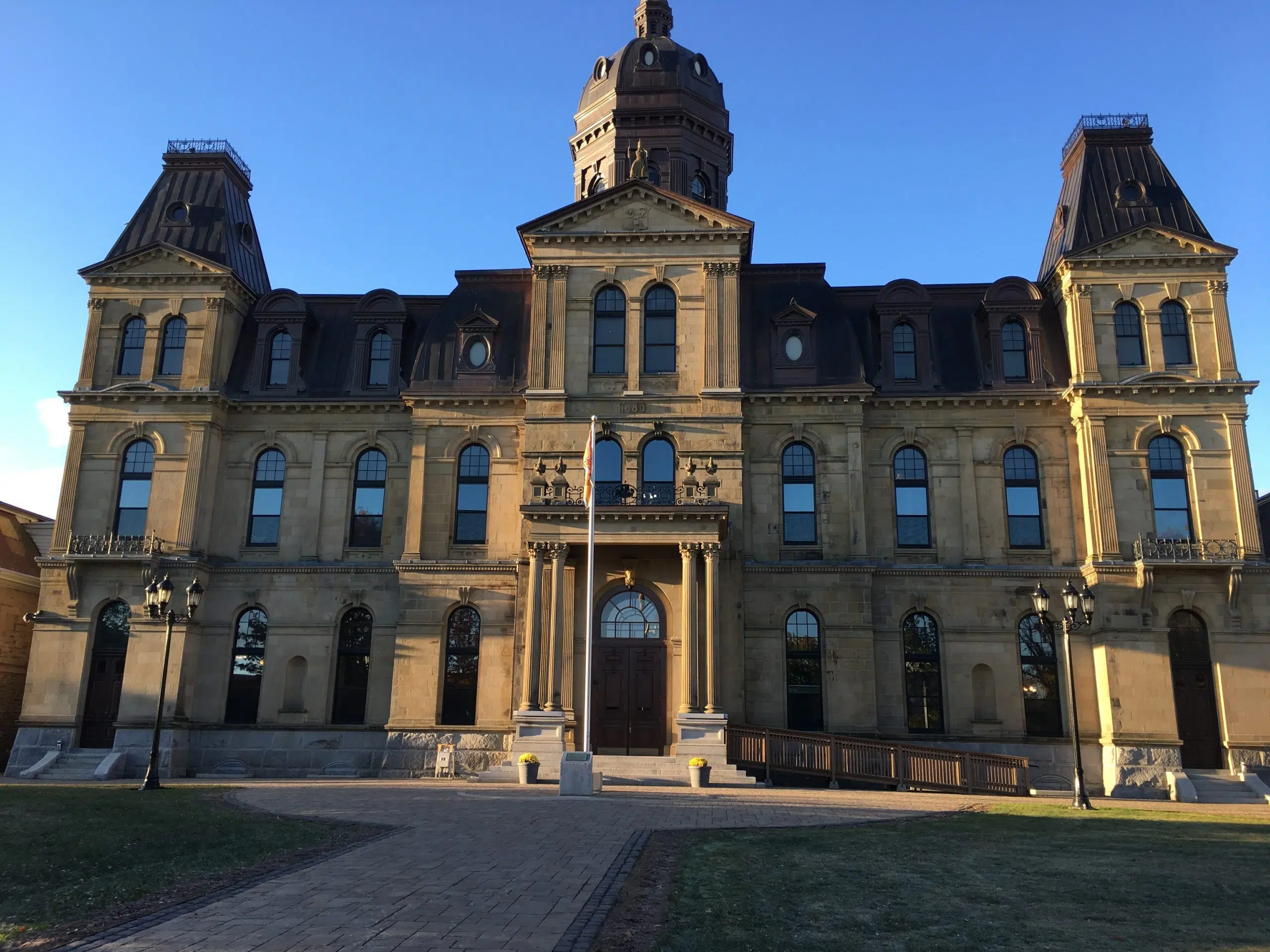Municipalities are set to get more provincial funding under a new fiscal reform model announced by the province.
Local governments will receive $138 million next year, more than double the $63 million they received this year.
The Department of Local Government said that the amount will increase to more than $188 million annually by 2030.
“Our government understands communities have been facing financial challenges for some time because of unprecedented growth in population, inflation, increases in market values of properties, and aging infrastructure,” Minister Aaron Kennedy said in a news release.
“We are all working toward the same goal and want to ensure we are delivering the right solutions and a fair funding model that enables local governments to deliver services to the people of New Brunswick.”
More details about the funding model will be released when a bill is introduced in the legislature later this spring.
Meanwhile, two New Brunswick municipal associations are welcoming the increase but say it is not enough.
The Union of Municipalities of New Brunswick (UMNB) and the Association Francophone des municipalités du Nouveau-Brunswick (AFMNB) released a joint statement shortly after the government’s announcement Wednesday.
They said the 2023 local governance reform process significantly expanded the responsibilities of municipalities, particularly in areas like economic development, tourism promotion, regional transportation and public safety.
These new responsibilities are in addition to other provincial services that municipalities have shouldered, they said, including homelessness, housing and health-care recruitment.
“For two years, they have been doing their part with the resources they have. However, responsibilities keep growing, and revenues are not keeping pace,” Yvon Godin, president of AFMNB, said in the release.
“We need to speed things up before the system cracks. We need concrete solutions, and more importantly, funding that meets the moment – not in five years, but now.”
A recent study found that municipalities need just over $200 million annually to address operational and infrastructure deficits. According to the association, infrastructure deficits are estimated at more than $2.5 billion.
Brittany Merrifield, president of UMNB, said delaying essential infrastructure investments only increases future costs and undermines the quality of services provided to citizens.
“Delays will impact the bottom line of municipalities, as the shifting financial realities put more pressure on municipalities to do more with less – which isn’t feasible,” said Merrifield.
“A five-year phase-in only prolongs that pressure and pushes critical investments further out of reach.”
The associations also raised concerns about the lack of details on how funds will be distributed and the full implementation timeline.







